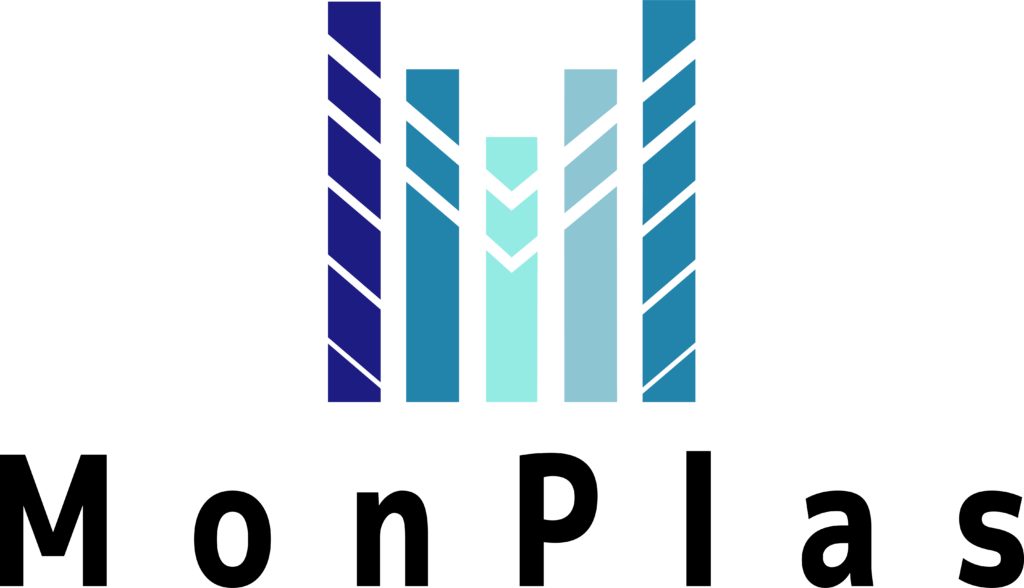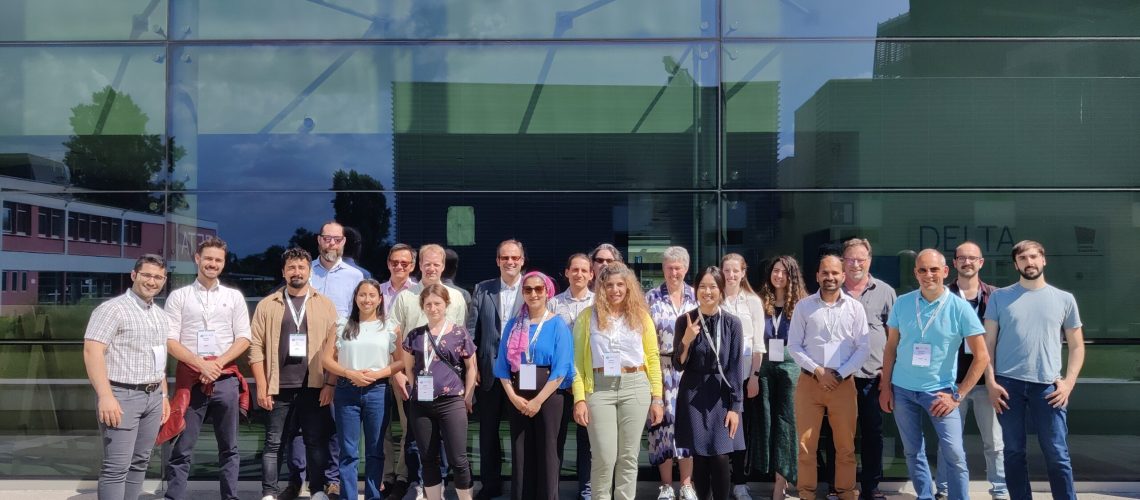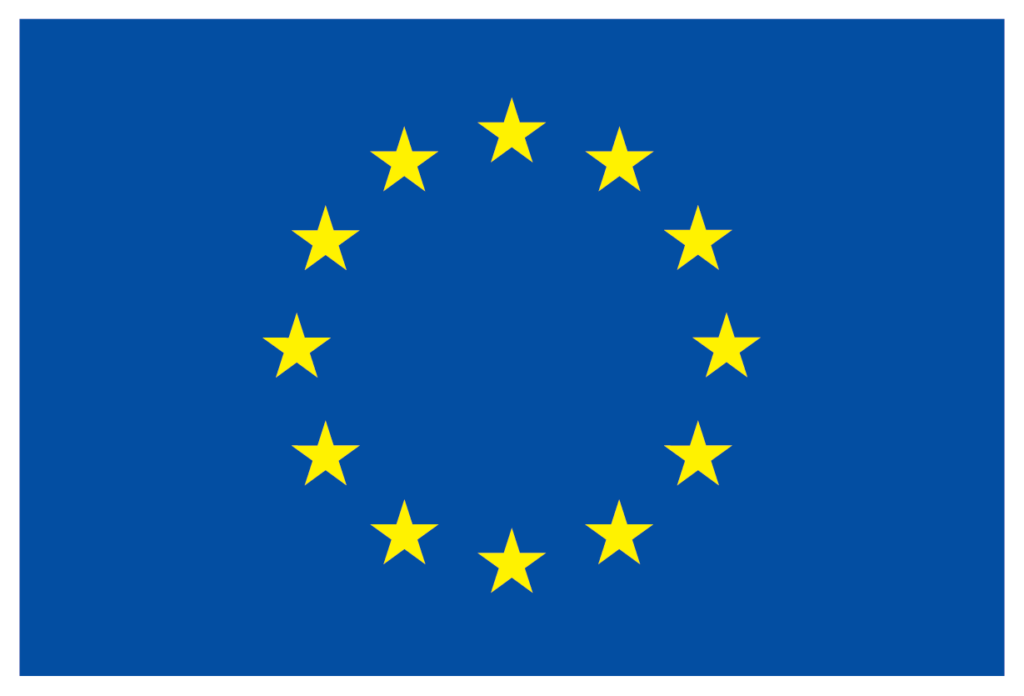Against a growing concern for the potential health risks that micro and nanoplastics pose to us a H2020 ITN project began in January 2020 to train early-stage researchers for the development of technologies to MONitor concentrations of micro and nanoPLAStics in water for their presence, uptake and threat to animal and human life. The objectives of the project were threefold:
- to improve our ability to detect, trace the origin, determine the toxicity, and ultimately eliminate micro and nanoplastics from water
- to add to the limited data on microplastics in water and beverages, as well as develop and standardise a method for the initial data taking (identity and shape) of nanoplastic, so that uptake and effect on animal and human life can be studied through toxicokinetics and toxicity
- to develop and subsequently commercialise state of the art detection technologies, applications and methodologies through the creation of a multi- and inter- disciplinary network spanning different sectors.
A little over four years later, of which a half took place during the global pandemic, from leveraging advances in Lab on Chip and Machine Learning, it has successfully addressed all three objectives providing:
- Its 14 ESRs with the skills and knowledge to develop state of art technologies that will lead to robust, easy to use and low cost in line instruments for microplastics and nanoplastics monitoring, some of which have been taken commercially up by its 8 equipment manufacturers and end-users.
- 14 theses already defended or to be defended in the next 12 months, as well as 30 peer reviewed publications, four roundtable discussions held, two satellite workshops organised and innumerous outreach events to raise popular awareness of micro and nanoplastics and the interest of women in STEM.
Subsequently it has also led to over 15 submissions to national and international calls for proposals to further advance technologies and their applications for micro and nanoplastic monitoring, coherent with forthcoming ISO standards for drinking water and any harmonisation of analytical methods, in support the implementation of the 2020 EC drinking water directive.

Fore more information of the project, please visit:



